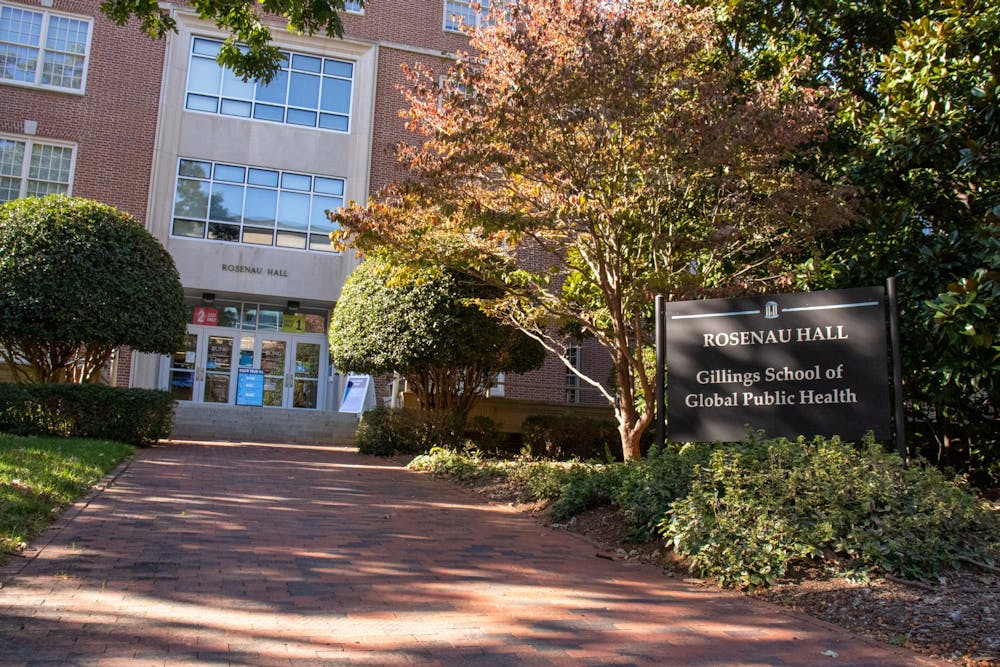Medical racism is an issue that plagues the U.S. health care system and can no longer be ignored. People of color, especially Black Americans, are too often ignored by the medical field. This has become increasingly evident as the COVID-19 pandemic disproportionately impacts underrepresented groups.
Despite making up only 12 percent of the U.S. population, Black Americans account for 34 percent of COVID-19 deaths. The health disparities do not stop there — Black and Native women have maternal mortality rates that are two to three times higher than white women. Furthermore, Black Americans are more likely to have chronic illnesses than their white counterparts.
These disparities are the outcomes of many different factors but are perpetuated by the biases of medical professionals. A 2016 study found that 73 percent of white medical students held at least one incorrect belief about the biological differences between Black and white patients. Combatting such medical racism means focusing on the implicit biases of doctors and nurses, and it is essential to prevent biases from impacting one’s practice during, and even before, medical school.
Diversifying curriculum for medical and pre-med students to include more humanities-oriented courses is the first step to ensure that medical professionals are well-educated on issues of medical racism and are without harmful prejudices.
We recognize that pre-med students already face overwhelming course loads and difficult “weed-out” courses. Despite this, room should be made in the pre-med curriculum for education on medical racism, health care inequality and their causes. Courses that already apply to an undergraduate’s general education requirements can easily be swapped out, or at least required to be related to a social justice topic in the realm of medicine.
It is necessary to teach pre-med students about social determinants of health. These can be concepts, such as access to health care, living environment and access to economic and educational resources, that explain why people of color might suffer health inequities.
The concept of intersectionality can aid medical students in understanding patients' overlapping identities, such as gender, class and race. It also can help them understand how these identities impact lived experiences and discrimination faced by patients — and how this discrimination can produce health outcomes.
Together, these ideas inform us about medical racism, as well as health disparities faced by women, low-income individuals and LGBTQ+ patients. By increasing exposure to humanities courses like sociology, medical anthropology and public policy, these key concepts can be better understood and applied by medical students as they continue through their academic careers.
This knowledge, however, is inaccessible at many undergraduate institutions. Programs that make this exposure part of their curriculum, such as the UNC Gillings School of Global Public Health, have notably low acceptance rates. Only 1,788 students are currently enrolled in the program, and the professional school only has 661 graduates per year.




